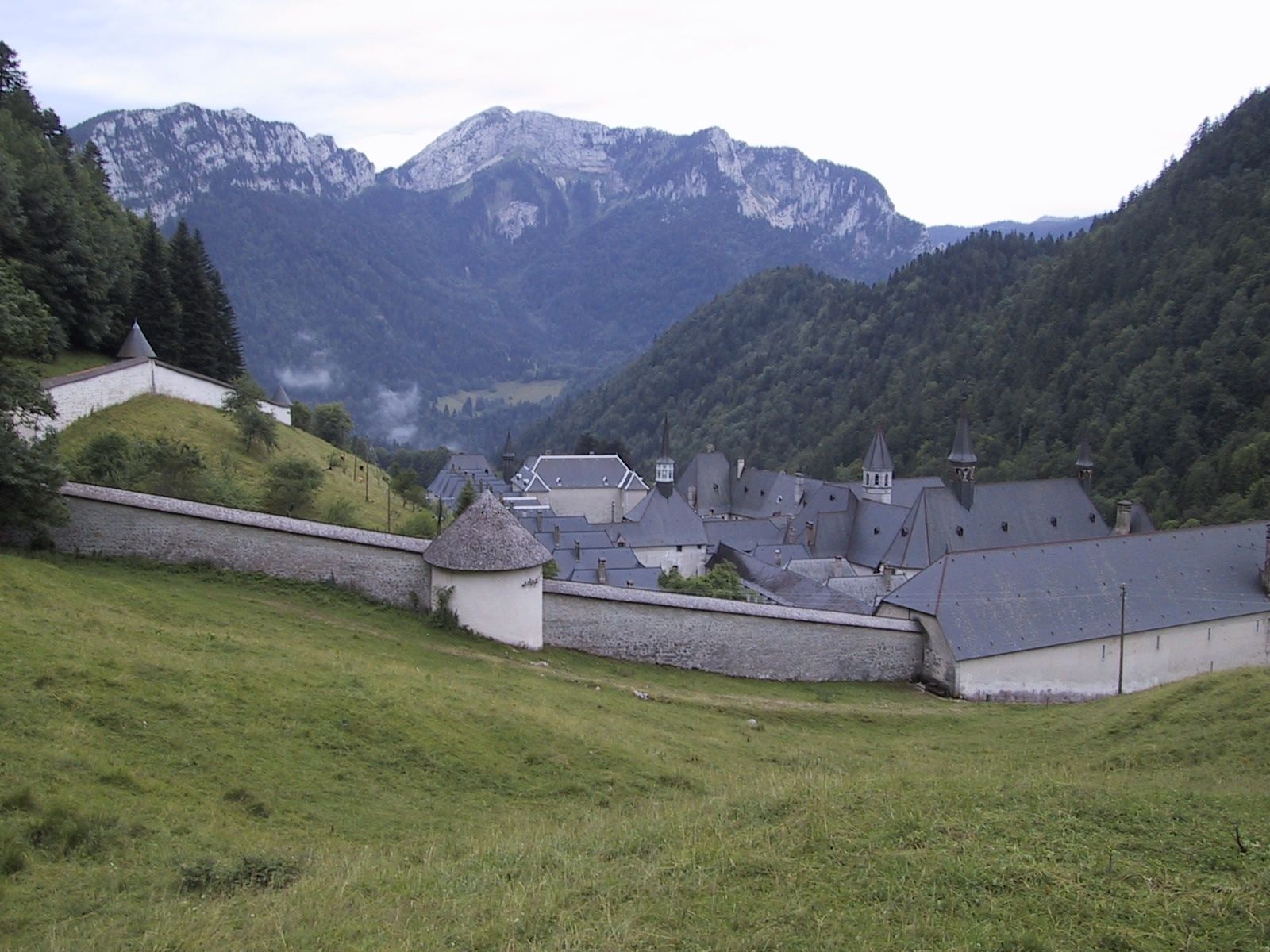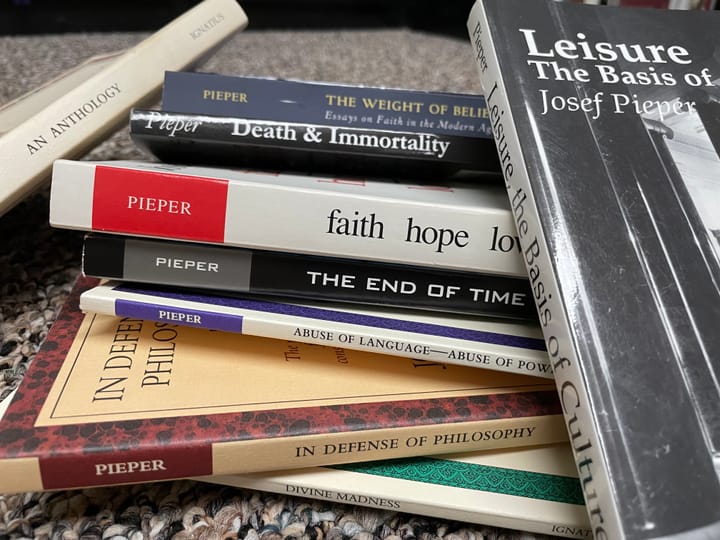Give Me Nothingness or Give Me Nothing at All

Last Friday evening, I was supposed to meet friends at the Hillcrest Lounge shortly after 5:00.
I got there at 5:10 and ordered a drink. The others were delayed, so I sat there for over twenty minutes, looking out the window. Other than Ted Nugent on the jukebox, I didn’t know anyone there. It was just me and my glass.
I normally get antsy in such a situation, but not this time. I was content, which I found peculiar. After a few minutes, I understood the source of my contentment: I was sitting with nothingness.
Nothingness has a revered history. The morning Hilaire Belloc decided to walk the Roman road (the pilgrimage that led to The Path to Rome) he says he passed his beloved horse “Monster,” who was just standing there “regarding nothingness.”
Belloc also wrote a collection of essays called On Nothing. His friend G.K. Chesterton referred to “the most precious, the most-consoling, the most pure and holy, the noble habit of doing nothing at all.”In his modern classic, On the Unseriousness of Human Affairs, James Schall devotes an entire chapter to the virtues of wasting time, saying at one point, “We need time-out-of-time, the time that passes without our noticing.”
What’s so special about nothingness? Why do these writers praise it?
I think there are two related reasons.
First, the primary thing missing in nothingness is yourself.
Think about me at the Hillcrest Lounge. Why do I normally get antsy in such situations? It’s hard to say, but all the possible reasons are filled with self-regard: I am annoyed that the others are late, I feel funny sitting there by myself, I want someone to talk to. But when you’re sitting with nothingness, everything, including yourself, is set aside.
Nothingness is also different. Most days are filled with “stuff”: chores, goals, worries, rushing, whatever. Its moments are molested, by us and others, pushed and pulled and yanked. Not left alone. When moments are abandoned, like me sitting by myself, the resulting nothingness contrasts sharply with the rest of life.
The thing about nothingness, though, is that in nothingness, there is something.
Grace.
When we’re doing nothing, grace feels invited. It’s almost as if grace is weak and tired: it doesn’t want to go where there’s hustle and bustle. It doesn’t want to exert much energy by pushing through obstacles. It prefers to rest in quiet fields where nothing is happening.
And while there, grace imparts its benefits to the person who created the field of nothingness.
St. Thomas Aquinas, citing Wisdom 8:30, once wrote that the leisure of contemplation allows Divine Wisdom to play throughout the world. Eight hundred years later, one of St. Thomas’ greatest modern followers, Joseph Pieper, channeling his inner-Taoist, once wrote that leisure is a “non-activity, an inner absence of preoccupation, a calm, an ability to let things go, to be quiet” and that such leisure is “the necessary preparation for accepting reality; only the person who is still can hear, and whoever is not still, cannot hear.”
Allowing Divine Wisdom to play, accepting reality, being able to hear. All these things are different ways of describing grace working in us.
And all of them come to the person who is still, quiet, not preoccupied. Who, in other words, welcomes nothingness.
God bless the nothingness.
Scratch that: God blesses the nothingness.




